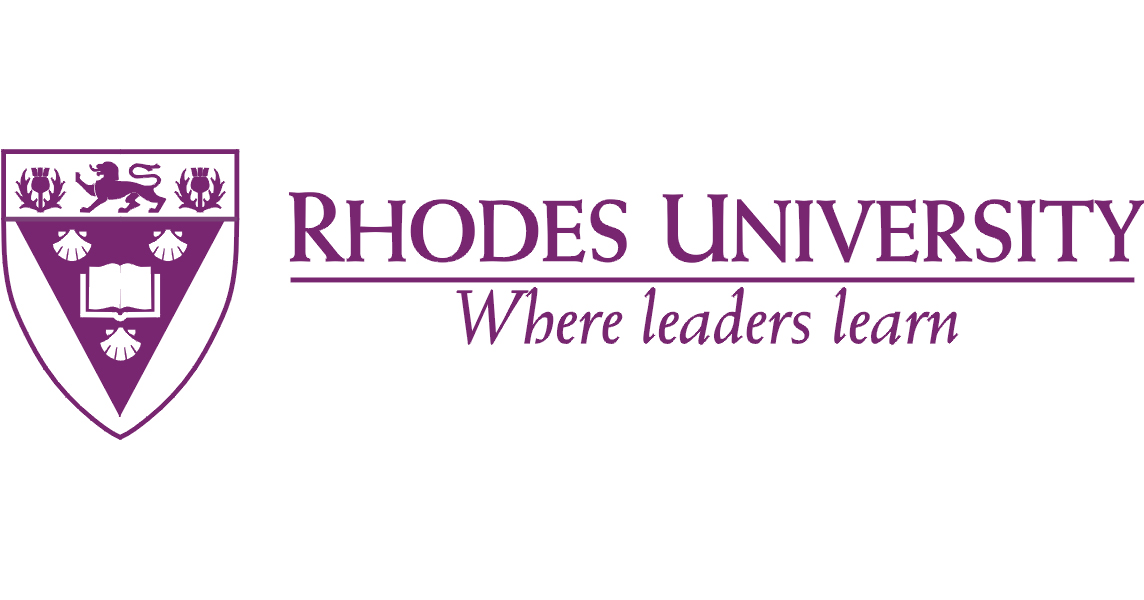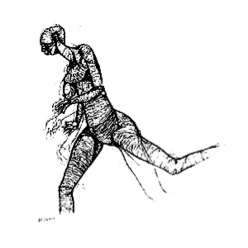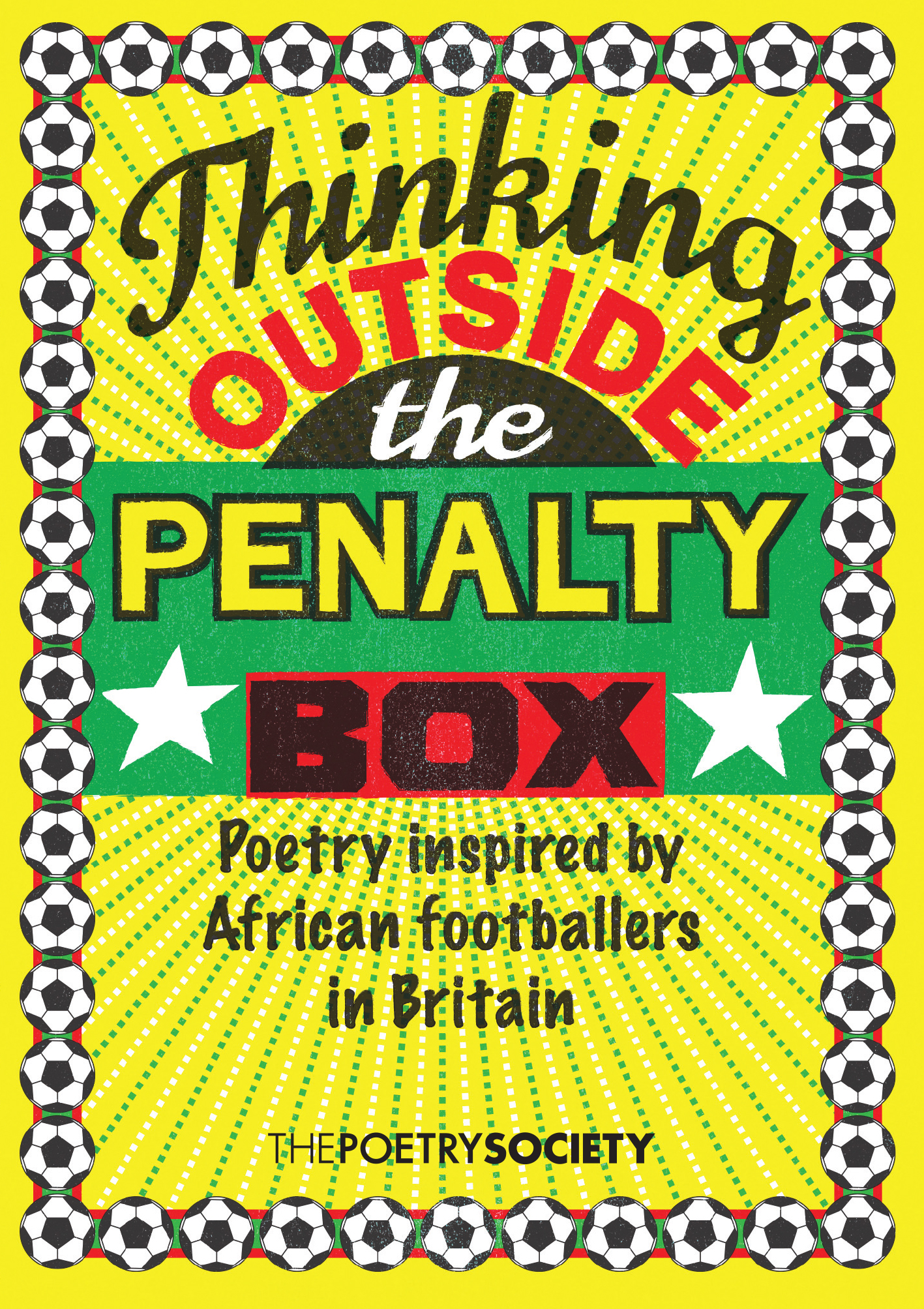Thank you to our colleagues and co-conspirators for your patience as we compiled this year’s plan of action. We are pleased to announce that, firstly, the 2021 seminar series will be digital, and will be recorded to our YouTube channel. Secondly, the call for papers on this theme is now live (see below), so we look forward to your paper proposals.

Finding Africa Seminar Series 2021
Call for Papers
Insurgent Life
First, we learned from them we were nothing, so our lives picked up dust, as we understood how we could irritate the noses of those who sneer at us. We will not die even when they kill us. We are the power they lack.
– Jumoke Verissimo (A Generation in Motion)
This past year has seen global uprisings and revolutions against corrupt and authoritarian governments erupt from America, to Lebanon, to Hong Kong, to Cuba, to Myanmar, to Iraq, to Syria to the UK to Nigeria to India. Mass mobilisations against racial state violence and calls to arms against the systems in place which devalue lives every day. The world over, people have risen up to protest against the normalised disposability of their lives, a reality which has been thrown into sharp focus by the COVID-19 pandemic.
The African continent alone has seen protests and popular youth movements span its every corner: In Nigeria, the #EndSars protests united the North & South against the government and its violent armed wing, the Special Anti-Robbery Squad unit of the police. In Uganda, organisers and youth movements mobilised en masse to ensure democratic presidential elections, in a bid to oust Museveni and see Bobbi Wine elected. In Sudan, the iconic image of Alaa Salah leading revolution chants drew the world’s attention to the Sudanese’s youths’ continued struggle against the deadly legacy of Al-Bashir’s rule, a persistent struggle despite ongoing violent retaliation from the state as they continue to demand for a total dismantling of his government. In Egypt, protestors rekindle the Egyptian revolution of 2011 by calling for the resignation of despot el-Sisi. In Ethiopia, the Tigray people fight for self-determination and the right to hold their own government, amid and despite violent retaliation by the Ethiopian government. This list goes on, with South Africa, Kenya, South Sudan, DRC, Cameroon, Zimbabwe, among others, joining the roster.
Despite the highly localised contexts of each movement and its uprisings, similarities in demands, strategies, and timing abound, and a central, collective theme links them: these are all anti-government movements by people demanding a right to life, accountability for the violence –both historical and ongoing—inflicted on them in the name of the state, and an end to the norm of disposable lives.
For this seminar series, we are inviting papers which explore this theme of insurgent life, or life as insurgency in Africa. Proposals can also address this primary question in relation to any of the following:
- What does it mean to live, always, as opposition or in opposition to oppression?
- What do these global uprisings signify for our established definitions of political concepts such as “democracy” and “government”?
- To what extent is this oppression driven by Europe and the West’s sustained support for dictators and despots in the Global South?
- Are we seeing the beginning of the end of the nation-state?
- What does this render possible, in terms of imagining a future/ new way of being?
- What are the radical potentials of revolt and solidarity in our current moment?
- What do these anti-state uprisings mean for concepts of pan-Africanism or other trans-state affiliations or identities?
- What potential decolonial praxis do these resistance movements engender?
We are accepting abstracts from any discipline and also encourage multidisciplinary approaches to the seminar’s theme from researchers located anywhere in the world. We especially encourage researchers from Africa to propose papers. Abstracts must be a maximum of 300 words, submitted in Word format to findingpocoafrica@gmail.com by 02 June 2021.

















 This anthology is the culmination of a pilot project called Thinking Outside the Penalty Box (2018), that Nick Makoha and Lizzy Attree started in 2016, supported by funding from the
This anthology is the culmination of a pilot project called Thinking Outside the Penalty Box (2018), that Nick Makoha and Lizzy Attree started in 2016, supported by funding from the 

 Nolwazi Nadia Ncube is a PhD student at the Department of Sociology at the University of Aberdeen. Her main research interests are the Sociology of Reproduction and the Body, Socio-linguistics, Gender Studies, Development Studies, Public Health and Transmigration Studies. She is Elphinstone Scholar at the University of Aberdeen who is interested in theory from and of Africa and her PhD topic which is titled, Menstruation Narratives: Through Narratives of the Zimbabwean Rural Girl Child aims to capture cultural narrative in a work linked to a program that she founded in 2015 called ‘Save the Girl-with-a-Vision’ (SGV). The program supports 70 girls in the village of Mbizingwe in Esigodini, Zimbabwe. Through SGV, Nadia advocates for the sexual reproductive health and rights of rural girl and widens the access to sanitary wear for the SGV programme beneficiaries in an effort to curb school girl absenteeism. Nadia speaks Ndebele, Zulu, Shona, French and English. She considers her proficiency in these languages to be a rich archive from which critical theories of Africa can be accessed and transformed.
Nolwazi Nadia Ncube is a PhD student at the Department of Sociology at the University of Aberdeen. Her main research interests are the Sociology of Reproduction and the Body, Socio-linguistics, Gender Studies, Development Studies, Public Health and Transmigration Studies. She is Elphinstone Scholar at the University of Aberdeen who is interested in theory from and of Africa and her PhD topic which is titled, Menstruation Narratives: Through Narratives of the Zimbabwean Rural Girl Child aims to capture cultural narrative in a work linked to a program that she founded in 2015 called ‘Save the Girl-with-a-Vision’ (SGV). The program supports 70 girls in the village of Mbizingwe in Esigodini, Zimbabwe. Through SGV, Nadia advocates for the sexual reproductive health and rights of rural girl and widens the access to sanitary wear for the SGV programme beneficiaries in an effort to curb school girl absenteeism. Nadia speaks Ndebele, Zulu, Shona, French and English. She considers her proficiency in these languages to be a rich archive from which critical theories of Africa can be accessed and transformed.